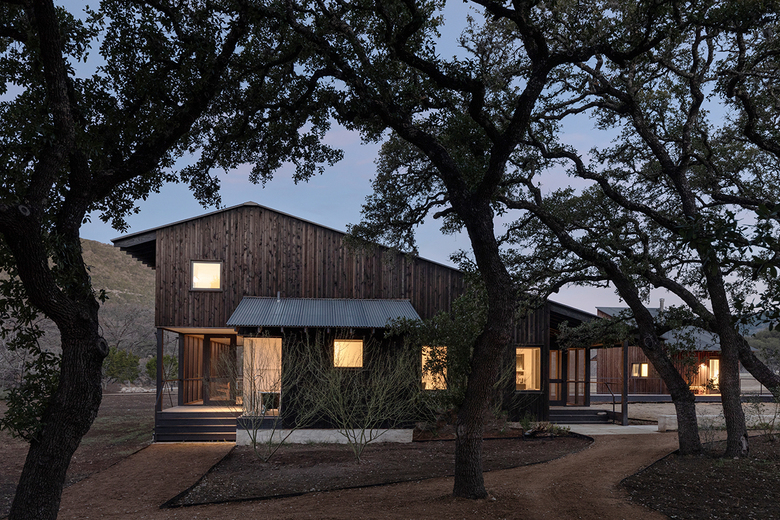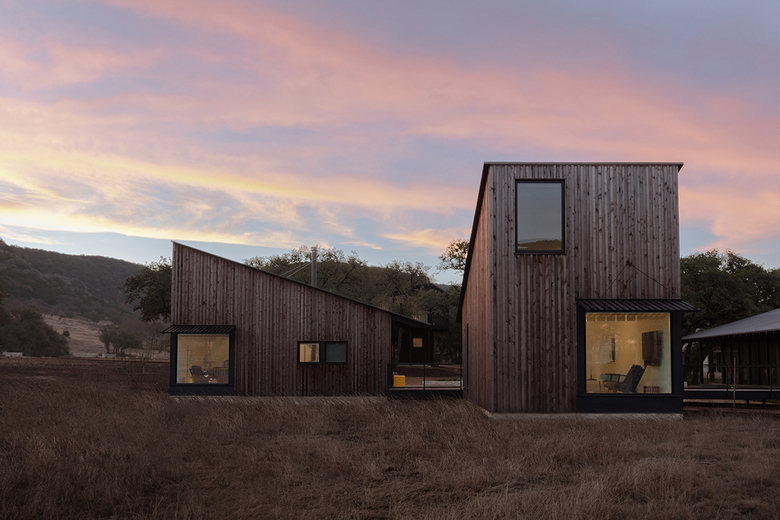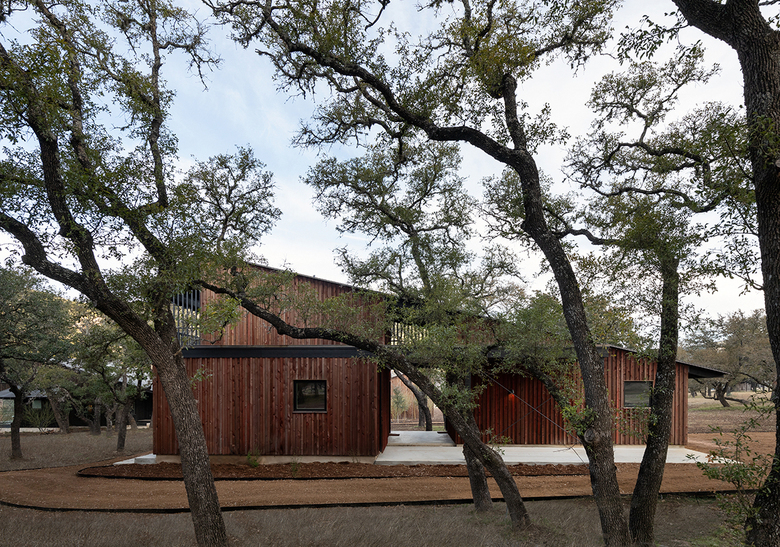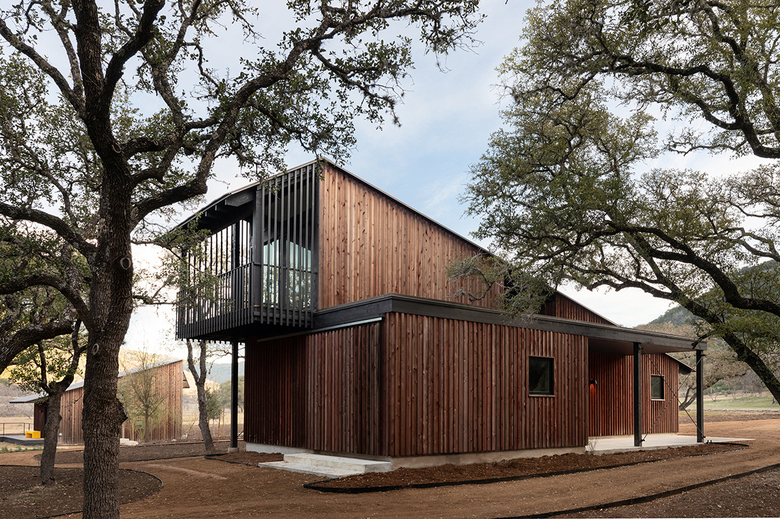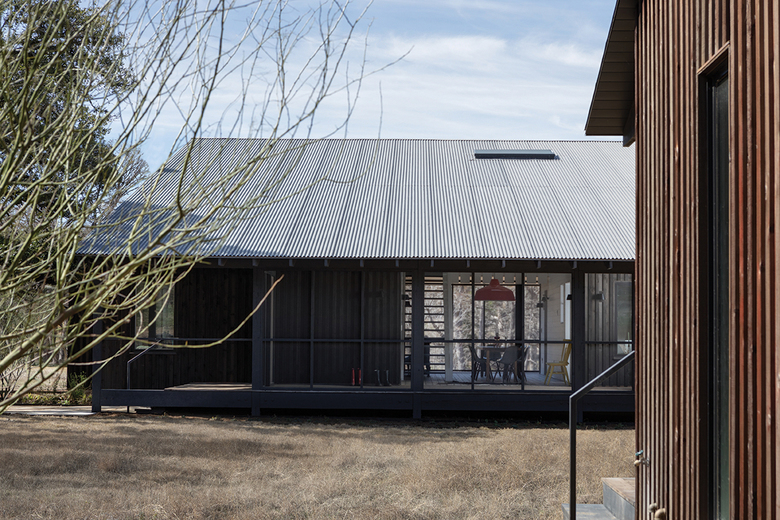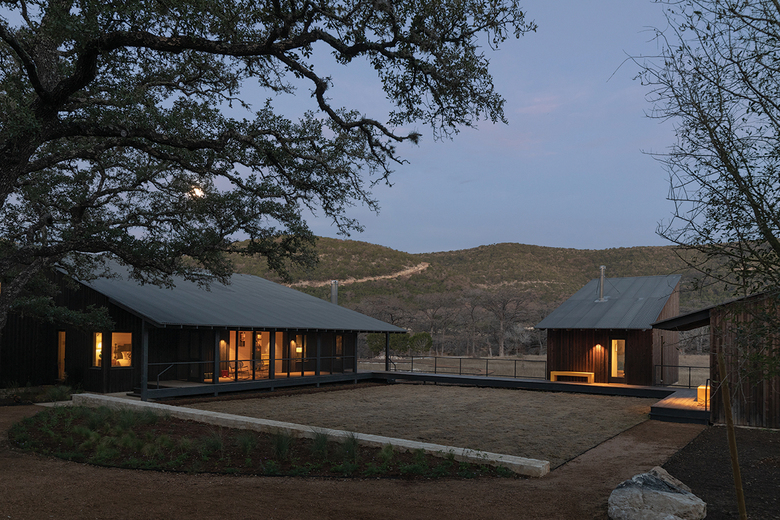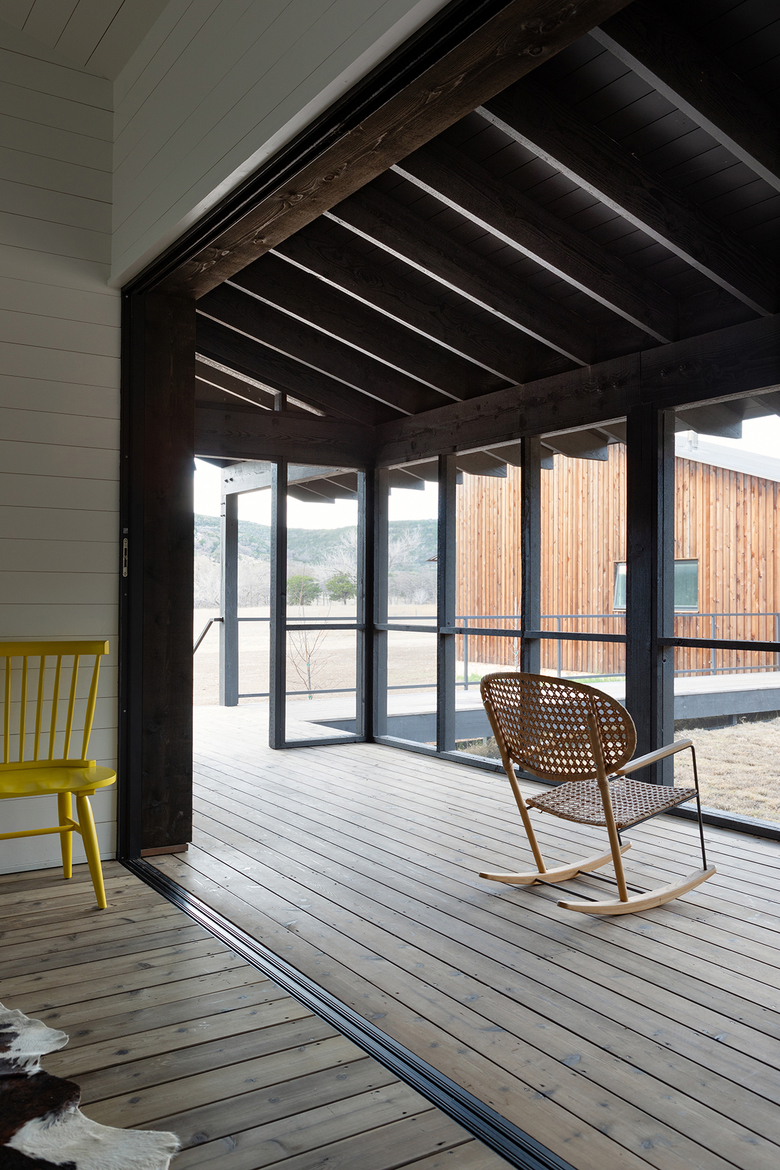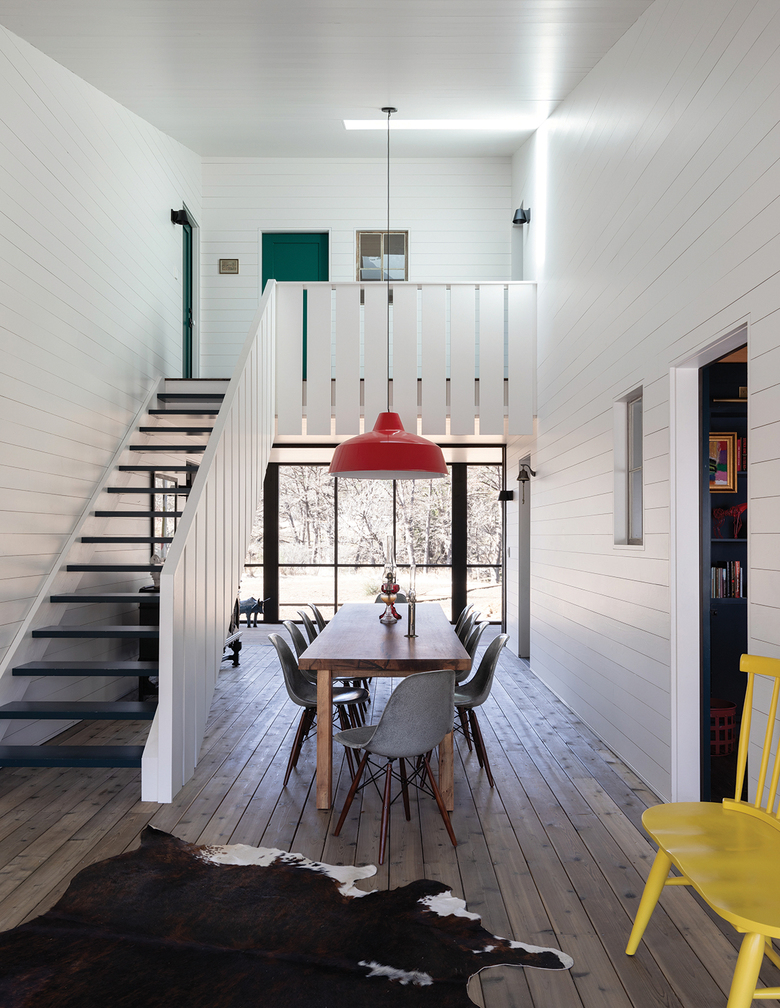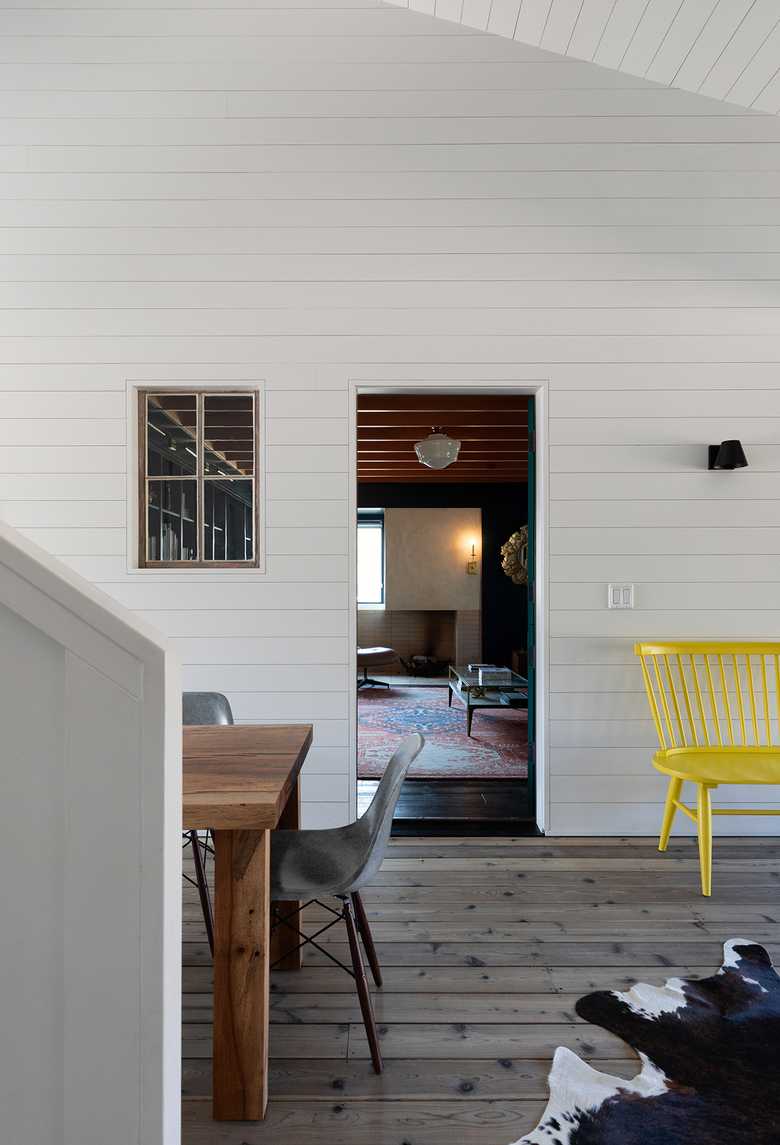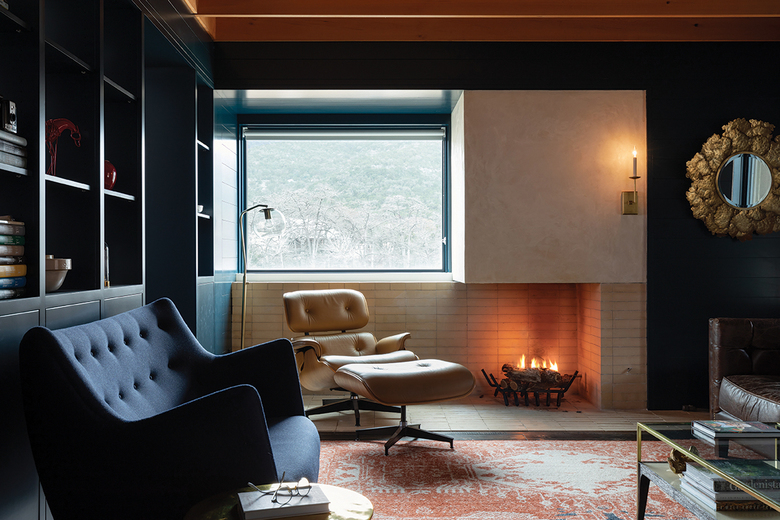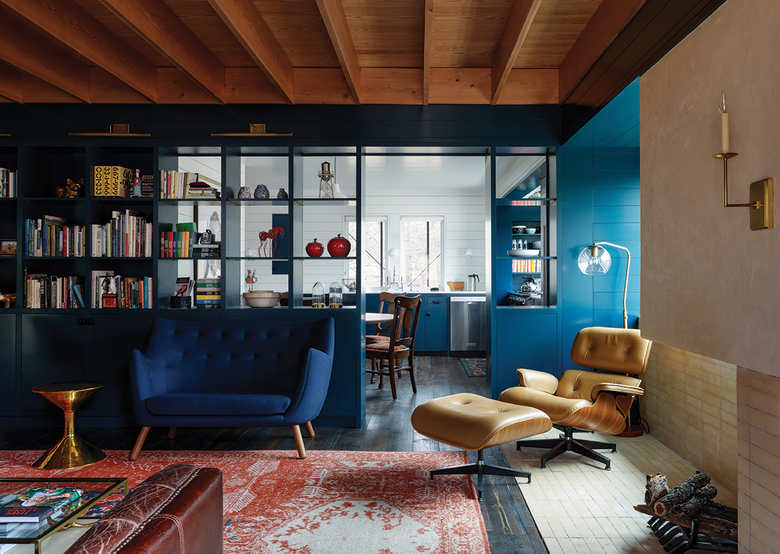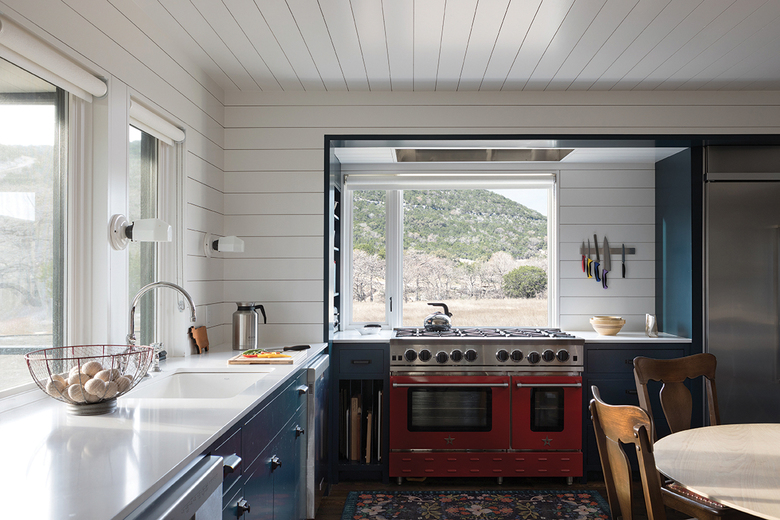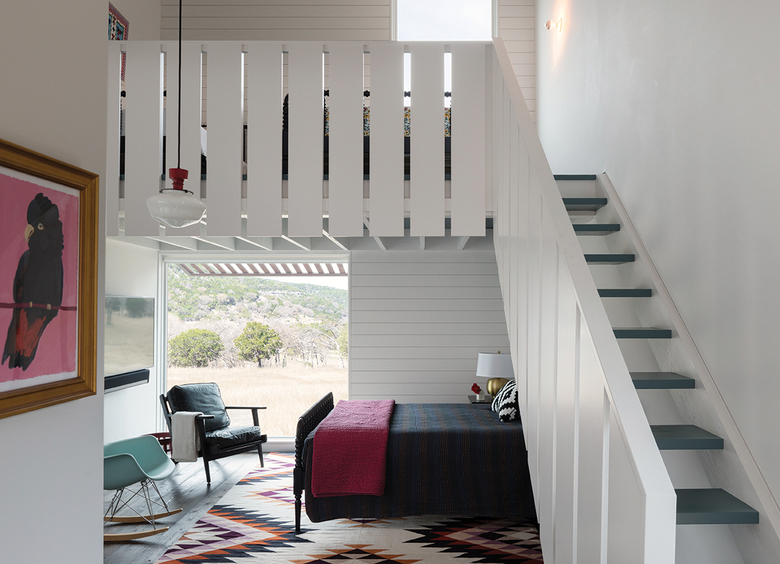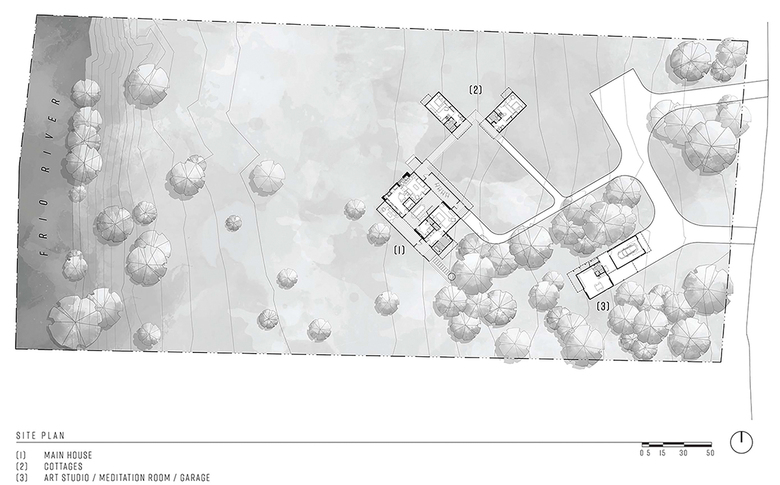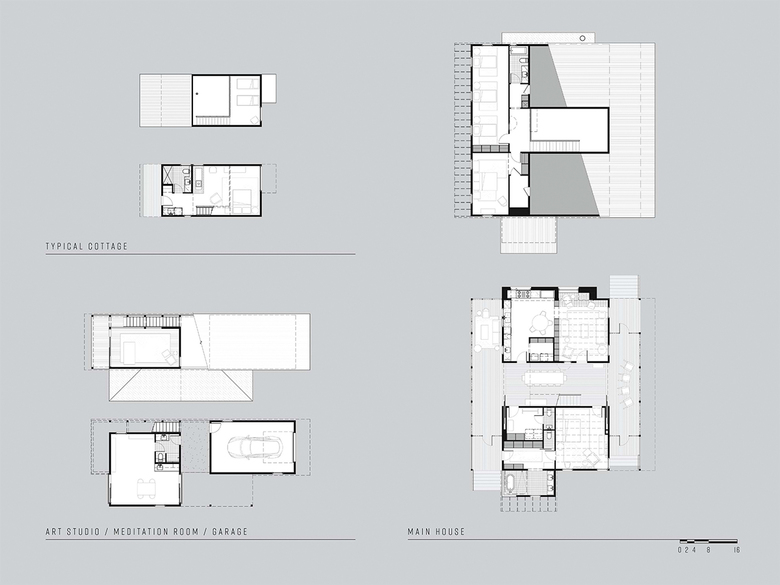U.S. Building of the Week
Camp Frio
Tim Cuppett Architects
18. 十一月 2019
Photo: Whit Preston
Named for the nearby Frio River, this house in Texas Hill Country is broken up into four buildings, giving it the feel of a camp rather than a contemporary dwelling. The forms of the buildings and the materials covering them furthers this impression. Tim Cuppett Architects answered a few questions about Camp Frio.
Location: Leakey, Texas, USA
Client: Withheld
Architect: Tim Cuppett Architects
- Design Principal: Tim Cuppett
- Project Architect: Dave Kilpatrick
- Project Team: Robert Featherston, Jacob Brown, Joel Aldridge
Landscape Architect: Lionheart
Interior Designer: Adriana Chetty, Tim Cuppett Architects
Contractor: Dalgleish Construction
Site Area: 3 acres
Building Area: 3,500 sf
Photo: Whit Preston
What were the circumstances of receiving the commission for this project?Architect was selected based upon previous work that was visited by the client.
Photo: Whit Preston
Please provide an overview of the project.A multi-family compound rises from a remote, grassy valley on the bank of the Frio River deep in the Texas Hill Country. The goal for this project was to create shelters with an environmental experience unique to its place: where summer madness gives way to winter stillness; where city life and digital stimulation are replaced by the experience of feeling a cool breeze or snuggling up to a warm fire.
Structures consist of a main house, meditation room over art studio/garage, and two guest studio cottages. Main house and cottages are linked by a slightly elevated walkway which enables barefoot kids to run back and forth over the tall grass and creepy crawlers.
Photo: Whit Preston
Much like “Dogtrot” shelters from the past, a breezeway bookended by concealed multi-slide doors bisects the main house enabling alfresco dining most of the year; alternatively, the space is zoned and can be enclosed for heating. Screened porches, front and back, envelope cozy living chambers. Secondary sleeping spaces occupy an attic that spans the rear porch of the main house while cottages feature open kids' lofts.
Structures were detailed for simplicity of construction with readily available, local materials fashioned by local tradesmen. Reporting after their first weekend in camp, the owner enthusiastically announced the spaces “are cozy… but ample and gracious; dark and moody…. but bright and airy.”
Photo: Whit Preston
What are the main ideas and inspirations influencing the design of the building?To recall historic local and rural structures.
Gentle low-slung roof forms seem to rise quietly out of the site. Structures feel as though they’ve been here for generations.
Photo: Whit Preston
Was the project influenced by any trends in energy-conservation, construction, or design?Local materials were used and simple detailing allowed execution by local craftsmen. Wide overhangs, operable windows, and central breezeway address local sunlight and air flow; tight construction and energy saving systems were utilized to maintain optimal comfort with relatively low impact.
Western Red Cedar and limestone, both of which are common to the area and ground the project in its locale.
Email interview conducted by John Hill.
